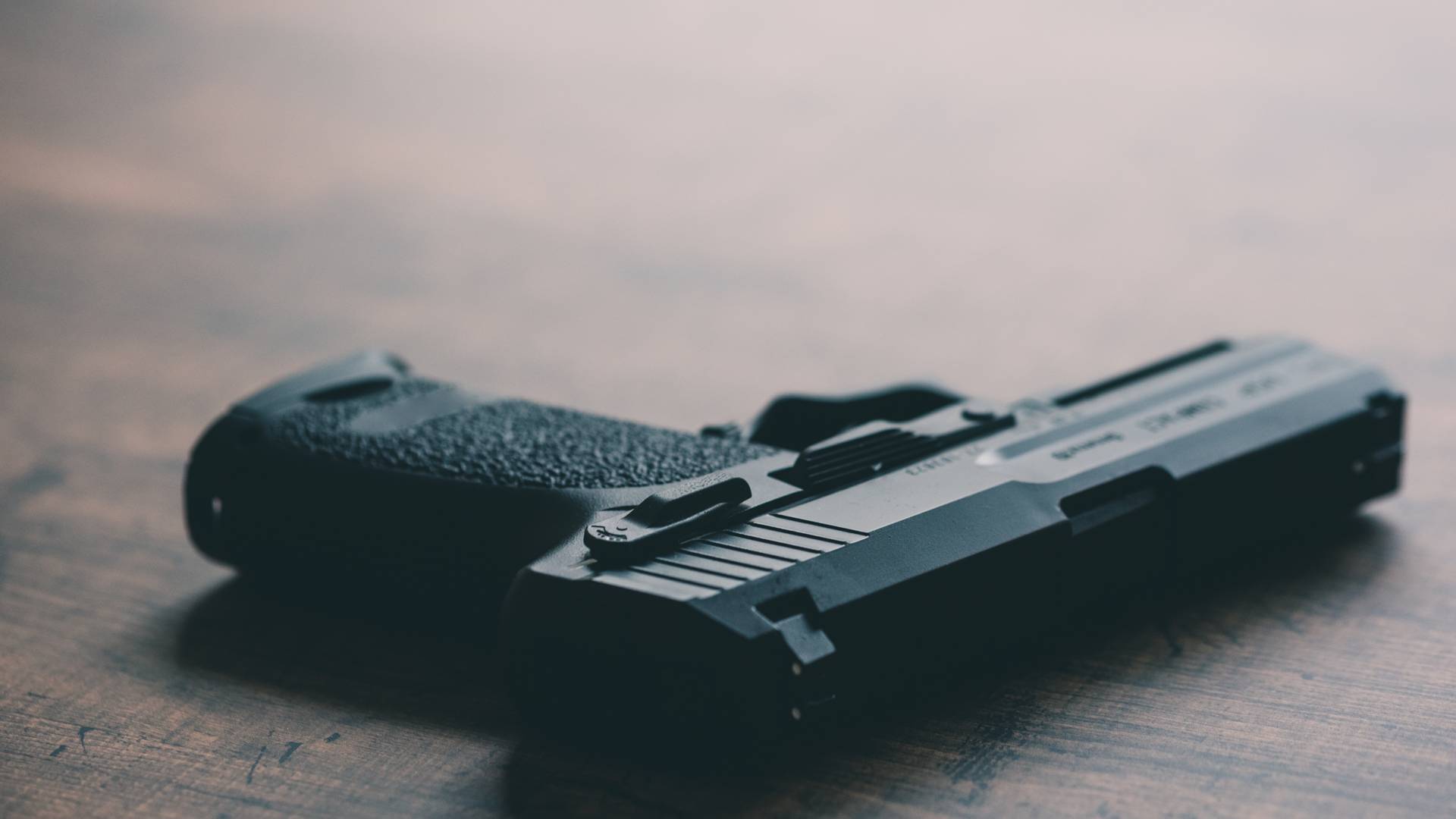Many people who die from drug overdoses don't intend to end their lives. Overdoses are the number one cause of accidental death for people from 25 to 64 -- even behind vehicle crashes -- in this country.
Many of these people aren't alone when they overdose. They are with others who are also taking illegal drugs. However, those bystanders are often afraid to call 911 to get help for the overdose victim out of fear that they (and the person who overdosed) will be arrested. Therefore, they leave the scene or try unsuccessfully to help.
An overdose can be survivable if a person gets qualified medical attention quickly. That's why Maryland, along with 19 other states and Washington, D.C. have enacted "Good Samaritan 911" laws that provide legal protection (under some, but not all, circumstances) to people who call for help and to the overdose victim.
This legal protection is not absolute. The laws are intended to protect people who are guilty of minor drug violations like possession or of any violations associated with being under the influence of illegal drugs or alcohol (with the exception of driving while under the influence). These laws don't provide legal protection for those suspected of selling or trafficking illegal drugs. They're not designed to protect people from arrest for other crimes, either.
When people leave an overdose victim alone or don't get professional medical aid, they can end up in far more legal jeopardy than if they had done everything possible to help that person. If you do end up facing drug-related charges after calling 911 for someone who has overdosed, it's important to seek legal guidance. Depending on the situation, you may be able to mitigate the legal consequences.
Source: Drug Policy Alliance, "911 Good Samaritan Fatal Overdose Prevention Law," accessed June 01, 2018
